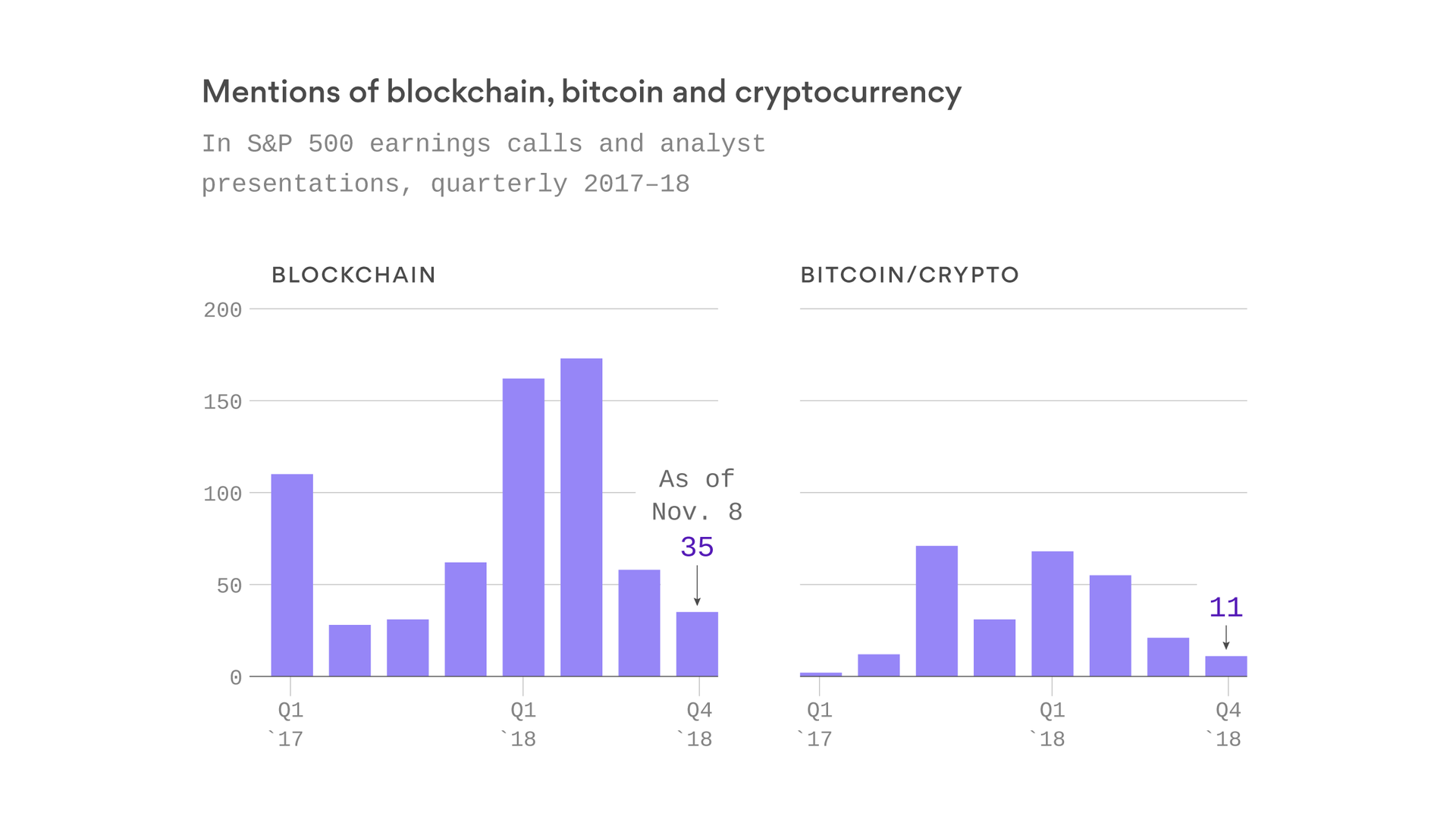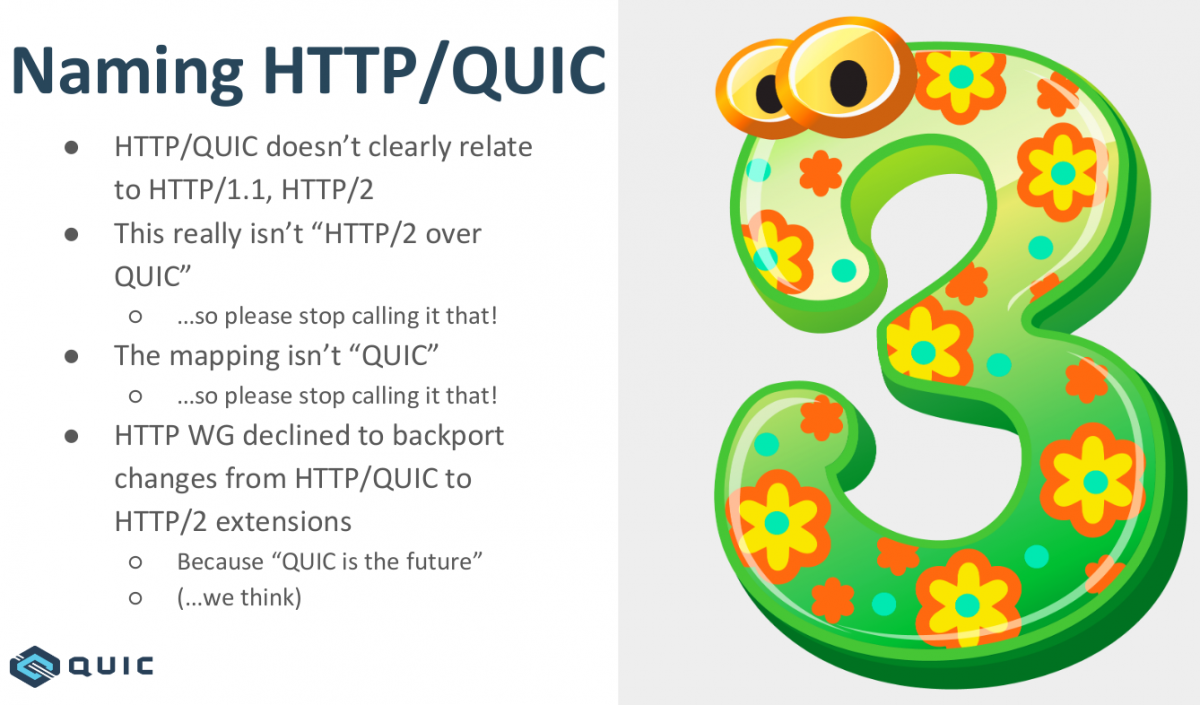Not sure about how you use Siri or other voice assistants. For me, it’s in the car mostly or in other locations that just don’t have connectivity in that moment I’d need assistance. Local voice processing – in other words no cloud required – would indeed be a huge step for Apple or the technology as such. It’d also be an improvement looking at it from the privacy perspective.
If only Siri became better in understanding me.
 Apple wants Siri to become more useful to users when not connected to the internet, including the possibility of an offline mode that does not rely on a backend server to assist with voice recognition or performing the required task, one that would be entirely performed on the user’s device.
Apple wants Siri to become more useful to users when not connected to the internet, including the possibility of an offline mode that does not rely on a backend server to assist with voice recognition or performing the required task, one that would be entirely performed on the user’s device.
Source: Apple considering offline mode for Siri that could process voice locally on an iPhone



